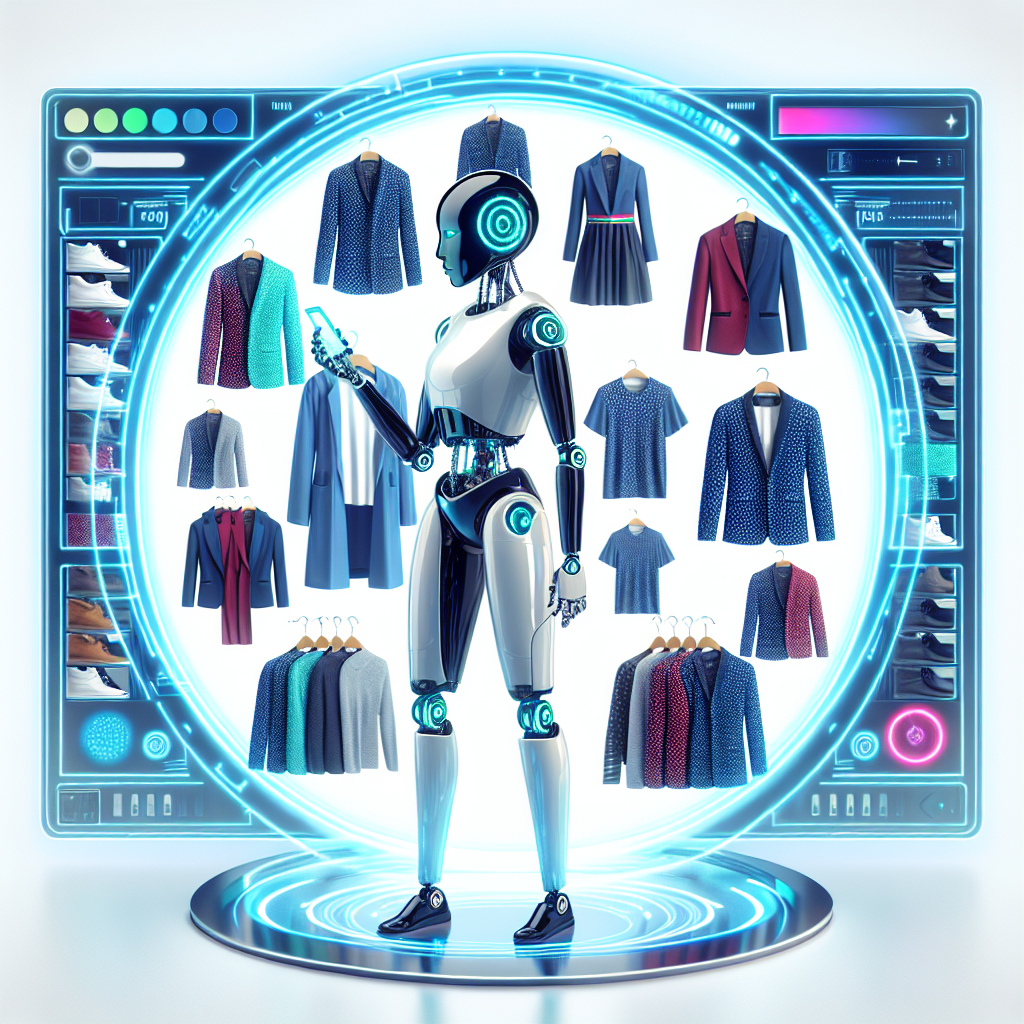Artificial Intelligence (AI) has revolutionized many industries, and the fashion industry is no exception. With the help of AI, fashion brands are able to personalize and customize their products to cater to individual preferences and tastes. This has led to a more personalized shopping experience for consumers and has helped brands increase customer loyalty and satisfaction.
AI and Customization in Fashion
One of the key ways AI is personalizing fashion is through data analysis. By collecting and analyzing data on customer preferences, purchasing behavior, and trends, AI algorithms can create personalized recommendations for each individual customer. This allows brands to tailor their products and marketing strategies to the specific needs and desires of their customers, leading to increased sales and customer satisfaction.
Another way AI is personalizing fashion is through customization. Many brands now offer customizable products, allowing customers to choose everything from the color and fabric to the fit and style of their clothing. AI algorithms can help customers make these decisions by analyzing their preferences and offering suggestions based on their past purchases and behavior.
Some brands are even using AI to create virtual fitting rooms, where customers can see how a piece of clothing will look on them before making a purchase. This not only helps customers make more informed decisions, but also reduces the number of returns and exchanges, saving time and money for both the customer and the brand.
AI is also being used to personalize the shopping experience in-store. By analyzing customer data and behavior, brands can create personalized recommendations and offers for each individual customer, making the shopping experience more enjoyable and efficient.
Overall, AI is helping fashion brands create a more personalized and customized shopping experience for their customers, leading to increased sales and customer loyalty.
FAQs
Q: How does AI personalize fashion?
A: AI personalizes fashion by analyzing customer data and preferences to create personalized recommendations and offers. It also helps brands create customizable products and virtual fitting rooms to cater to individual tastes and preferences.
Q: How does AI benefit fashion brands?
A: AI benefits fashion brands by increasing sales, customer loyalty, and satisfaction. It helps brands create personalized shopping experiences for their customers, leading to increased sales and repeat business.
Q: Are customers comfortable with AI in fashion?
A: While some customers may have concerns about privacy and data security, many are comfortable with AI in fashion if it helps them find products that suit their preferences and tastes. Brands can address these concerns by being transparent about how they use customer data and ensuring that it is kept secure.
Q: How can brands implement AI in fashion?
A: Brands can implement AI in fashion by collecting and analyzing customer data, using AI algorithms to create personalized recommendations and offers, offering customizable products, and creating virtual fitting rooms. Brands can also use AI to personalize the shopping experience in-store.
Q: What are the challenges of implementing AI in fashion?
A: Some of the challenges of implementing AI in fashion include ensuring data privacy and security, training employees to use AI effectively, and keeping up with rapidly changing technology. However, the benefits of AI in fashion far outweigh these challenges, leading to increased sales and customer satisfaction.
In conclusion, AI is revolutionizing the fashion industry by personalizing and customizing products to cater to individual tastes and preferences. By using AI algorithms to analyze customer data and behavior, brands can create personalized recommendations, customizable products, and virtual fitting rooms to enhance the shopping experience for their customers. This leads to increased sales, customer loyalty, and satisfaction, making AI an invaluable tool for fashion brands looking to stay competitive in a rapidly changing industry.

